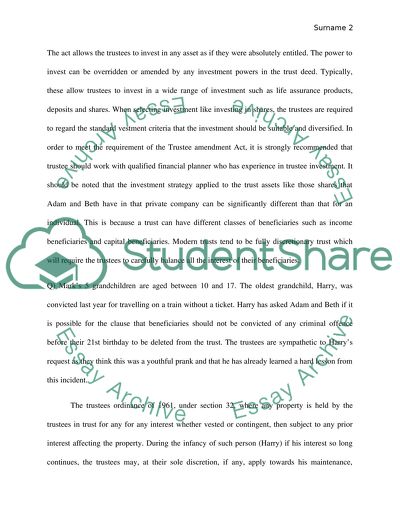Cite this document
(“Trusts and Equity Coursework Example | Topics and Well Written Essays - 2000 words”, n.d.)
Retrieved from https://studentshare.org/law/1448156-task-trusts-and-equity-coursework
Retrieved from https://studentshare.org/law/1448156-task-trusts-and-equity-coursework
(Trusts and Equity Coursework Example | Topics and Well Written Essays - 2000 Words)
https://studentshare.org/law/1448156-task-trusts-and-equity-coursework.
https://studentshare.org/law/1448156-task-trusts-and-equity-coursework.
“Trusts and Equity Coursework Example | Topics and Well Written Essays - 2000 Words”, n.d. https://studentshare.org/law/1448156-task-trusts-and-equity-coursework.


